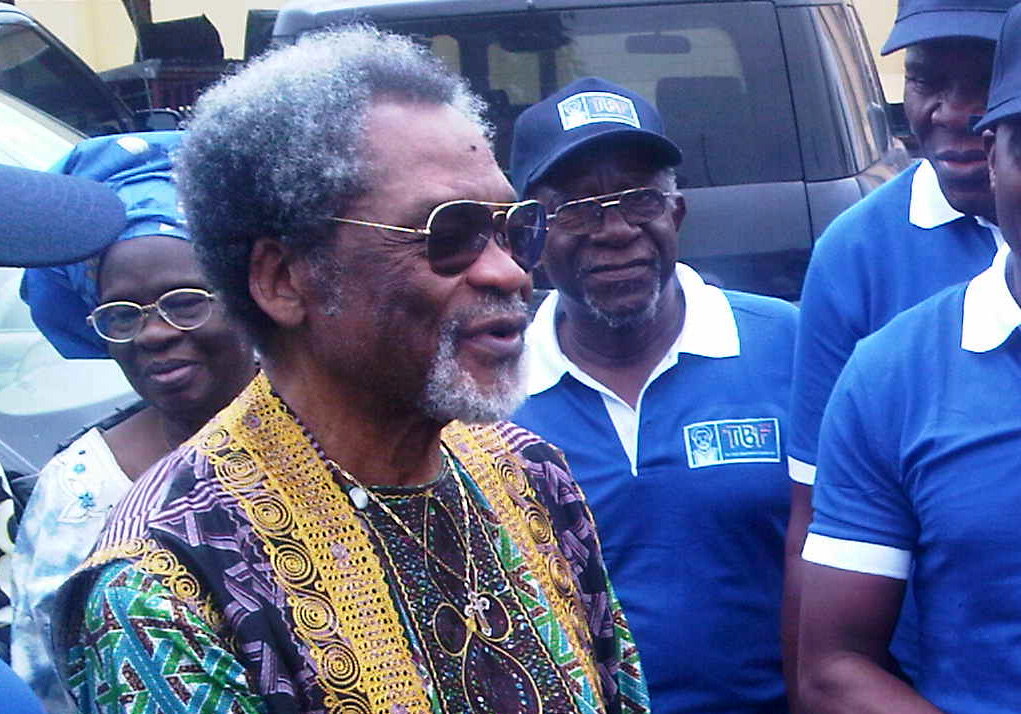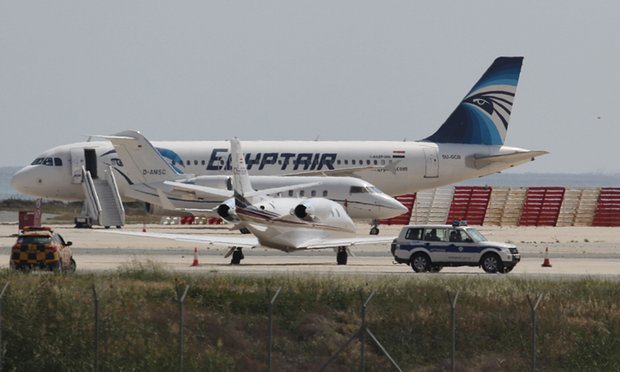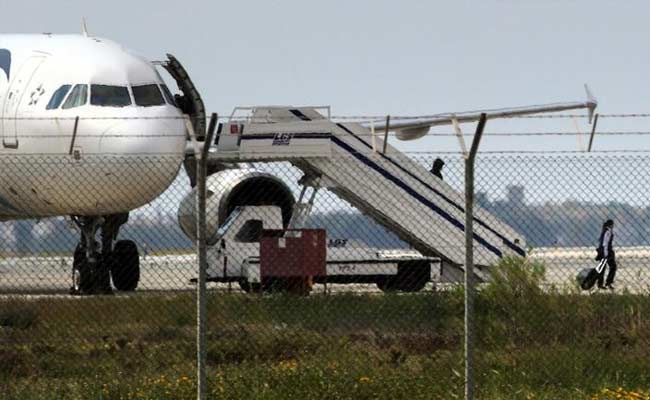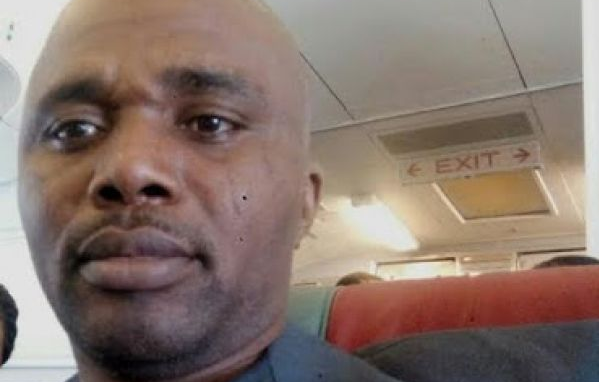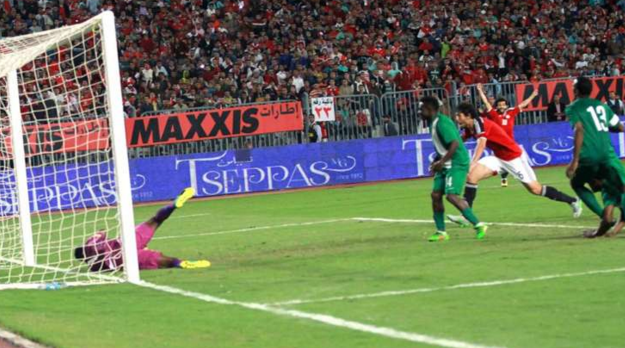If you only knew Tunji Braithwaite the lawyer and activist, you never really knew him in his true colours. The latter-day Braithwaite, who died at St Nicolas Hospital, Lagos, on Monday, was less of a charming politician but more of a pro-democracy advocate.
TheCable understands that although the 82-year-old grandfather had been battling prostate cancer for a while, he was energetic until one early morning last week when he went for his daily exercise routine.
A family source told TheCable: “He woke up and was by his outward appearance healthy. But he decided to use the treadmill, which was part of his daily routine. The wife later went to check on him and found him unconscious. It appeared he fell down and it was suspected that he hit his head and had a concussion. But when he was taken to the hospital, all scans showed that he did not hit his head.”
He never came back to consciousness, TheCable was informed, and he finally died on Monday afternoon “despite the best efforts of the doctors”.
Advertisement
Many older Nigerians will remember Braithwaite the politician of the 1983 elections, whose party, Nigeria Advance Party (NAP), was the only one registered by the electoral commission to join the five existing ones earlier approved by the military government in 1979.
Braithwaite was not alone in NAP, though. He had intellectuals with him, with Wole Soyinka, the professor and future Nobel Laureate, being the most prominent. Soyinka, ahead of the elections, recorded a song which almost replaced the national anthem: “I love Nigeria I no go lie/Na inside am I go live and die…” Those lines made a monster hit.
Mushin and Victoria Island
But Braithwaite left Nigerians with more memorable lines in his presidential campaign – he was the flag bearer of NAP in the ill-fated election – and his TV commercial was an instant hit.
Advertisement
“I will kill all the rats, cockroaches and mosquitoes,” he would say to the camera, in marketing his anti-corruption ideas to the electorate. It was a message that was too coded for the ordinary voter to understand.
But much more difficult to understand, even hilarious, was his promise to move residents of Mushin to Victoria Island, and residents of Victoria Island to Mushin.
Unknown to the street people, he was only propagating his socialist ideals of addressing the inequalities in the Nigerian society, with Victoria Island representing the bourgeois class and Mushin the proletarian, the commoner. He would redistribute the wealth and make everybody equal in the society, he said in poetic language.
Needless to say his campaign did not resonate with the people he wanted to help: he came last in the presidential election with 271,000 votes. Shehu Shagari, the sitting president, had 12 million. Violence ensured thereafter and the military overthrew Shagari a few months later.
Advertisement
Braithwaite returned to politics with NAP in 2003 but with less colour and his party was removed from the register by the electoral commission in 2012 for not winning an election at any level.
A family of firsts
In 1933, the celebrated lawyer was born into the record-setting Braithwaite family in Lagos. In 1880, I. Braithwaite, a reverend, led the first Anglican missionary expedition which introduced the gospel to the Ijebu province in today’s Ogun state.
In 1894, the reverend built St. Michael’s, the first church in Epe in today’s Lagos state, after his efforts led to the growth of church goers. There is now a second Anglican church – the Reverend Braithwaite Memorial Anglican Church – in Papa Epe.
Talabi, Tunji’s elder brother, was one of the pioneers of the insurance industry in Africa. In fact, he emerged the first chartered insurer from Africa when he became an associate of the Chartered Insurance Institute of London in 1951.
Advertisement
He set up T.A. Braithwaite (Insurance Brokers) & Co. Ltd. in April 1958, the first indigenous insurance broking company in Nigeria.
Tunji, the last of eight children, schooled at C.M.S Grammar School from 1946 to 1953. He did his A Levels at the London University at Kennington College in 1955. In 1957, he enrolled at the Council of Legal Education, London. He was admitted into Lincoln’s Inn that same year and graduated as a barrister in 1960.
Advertisement
He married his childhood love, Grace, in 1956 and they had five children.
Advertisement
Add a comment
